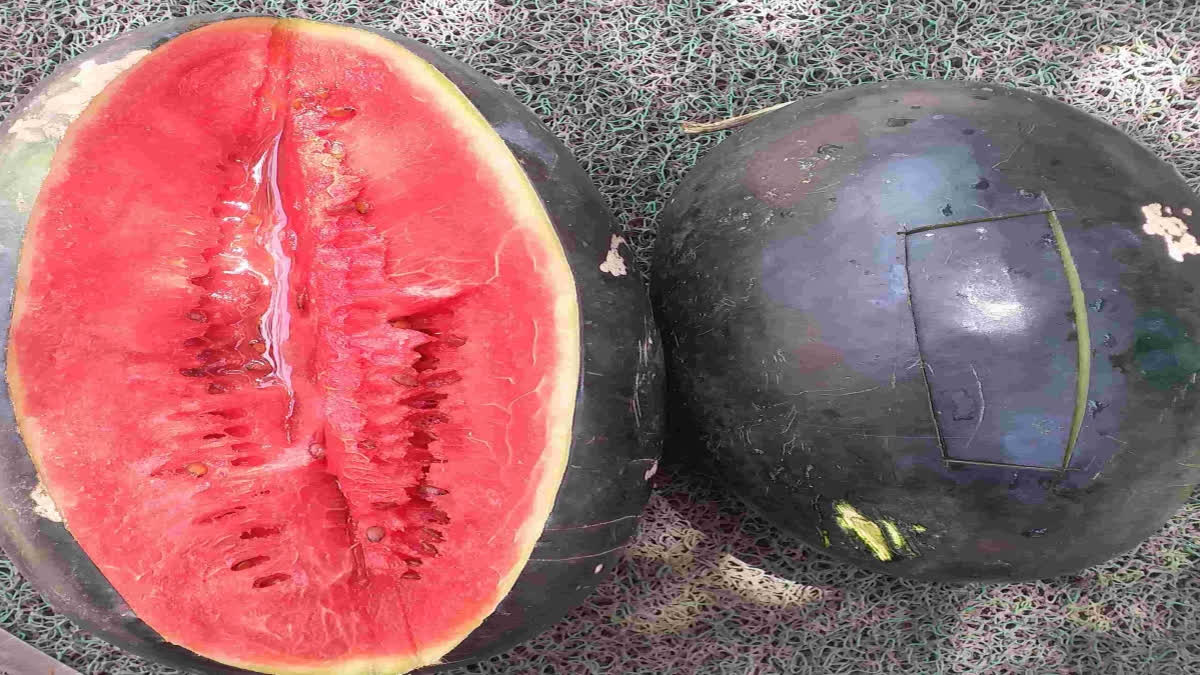Indore (Madhya Pradesh): In a shocking news, citizens are being warned from buying watermelon, the most consumed fruit during the summers, as the red plump colour that allures the public towards the vine-like plant could be the result of artificial sweeteners, an Indore-based nutritionist claimed.
"The artificial sweeteners can also cause serious liver and kidney diseases besides cancer. Watermelon is being injected with chemicals and artificial elements to make it look plump and red. Poison is being injected as the fruit enters the wholesale and the retail vegetable market," said Indore-based nutritionist, Preeti Shukla.
To ripen the fruits as fast as possible, traders and farmers have been injecting chemicals into them on a daily basis, said Shukla. "The fruits are being injected with chemicals such as Lead and Sodium chromate which although make them look plumper, but little do the public know that these can cause serious health issues," she added.
We must prioritise growing fruits growing over anything else, the nutritionist said. "People will have to be careful about the kind of fruits they are buying because almost every fruit is being sprayed with chemicals nowadays. This is why the concept of kitchen garden is trending," Shukla added.
What is a Kitchen Garden: The traditional kitchen garden, also called a vegetable garden or potager (from the French jardin potager), is an area set off from the lawn areas-- the ornamental plants and lawn areas. Growing edible plants and several medicinal plants is done on it, especially in the past.
How to identify a poisonous watermelon? If the watermelon leaves behind a red patch when it is cut, there are chances of it being injected with sweeteners. "To identify poisonous watermelons, one can take a piece of it and dip it in water. If the water turns red within a short time, the fruit has been injected with chemicals. Similarly, if you soak cotton pads on a a watermelon and it turns red, then you should not consume the fruit. We must also be aware of extremely sweetened watermelons as they hike the sugar level in humans," said Shukla.
Read More:



